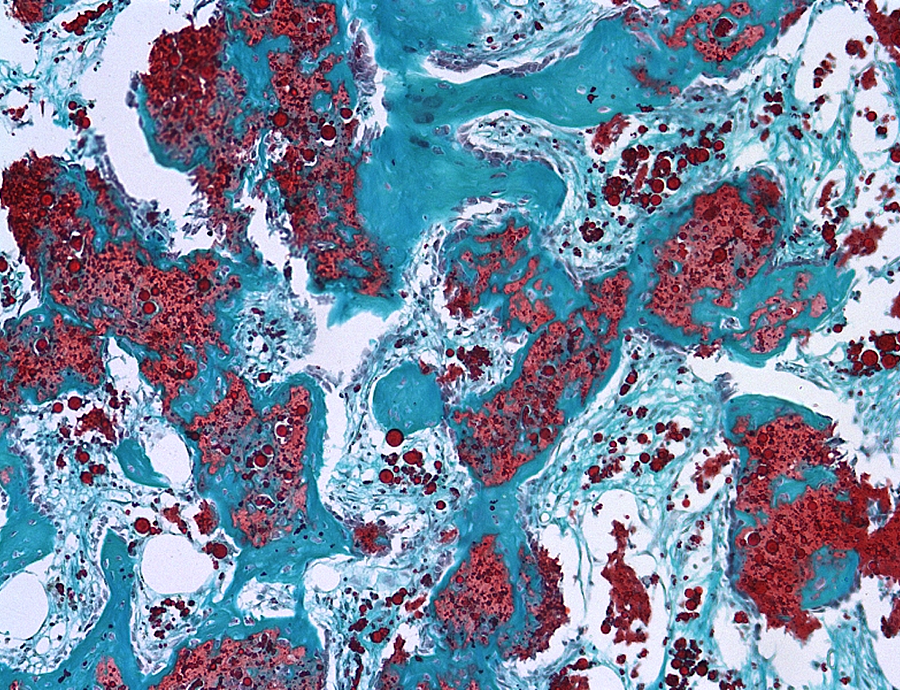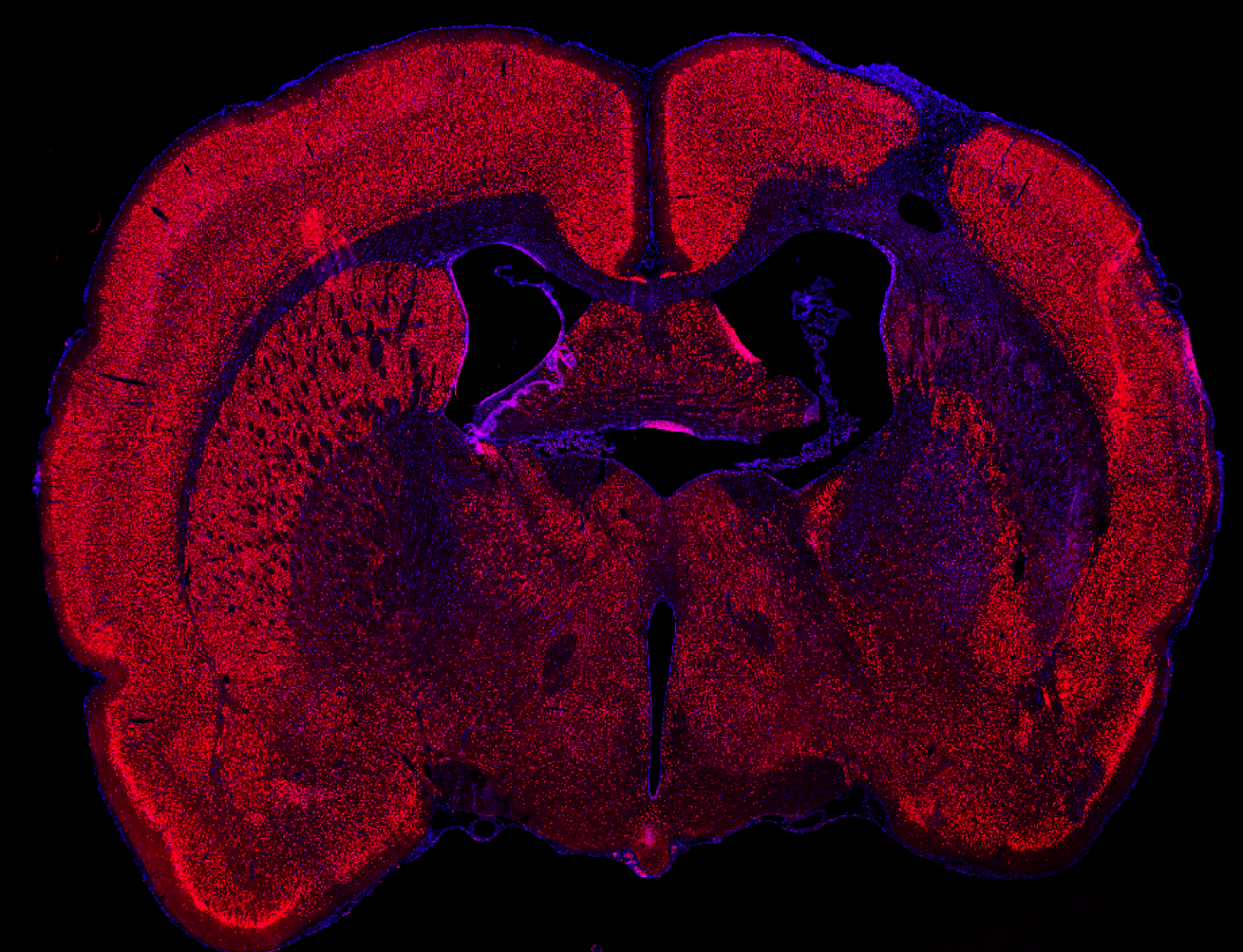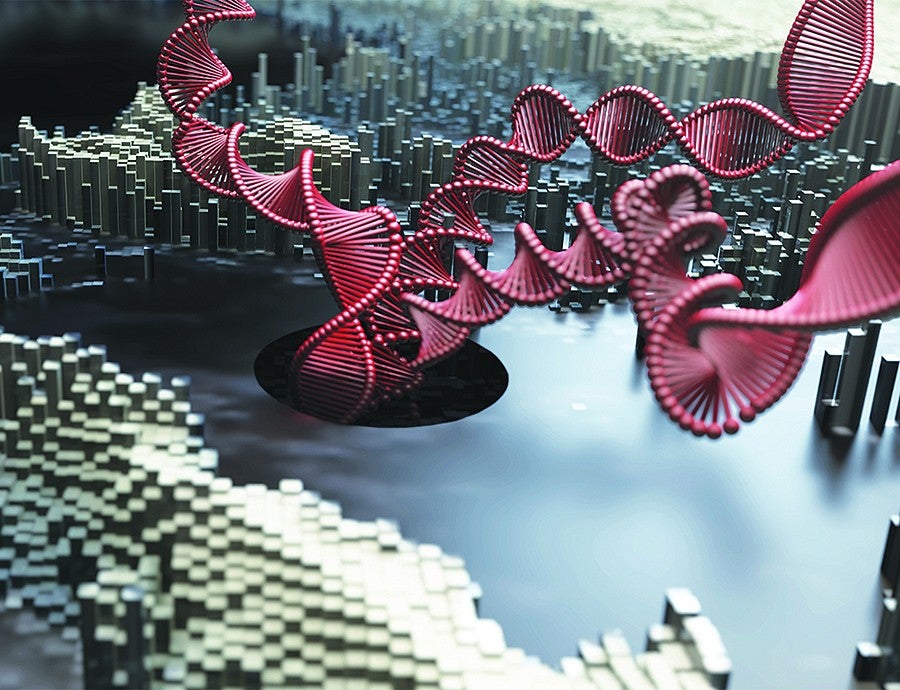Scientific Areas of Focus
The Knight Campus strategic plan lays out areas of scientific focus.

Bioengineering is a broad multidisciplinary field that combines biology and engineering to address questions in life sciences and develop solutions to unmet needs in medicine and healthcare. The Knight Campus offers a joint PhD program in bioengineering with Oregon State University. Bioengineering faculty will help accelerate the impact cycle by providing new technological expertise in areas such as biomechanics, bioimaging, and computational modeling and a problem-solving, application-driven approach to research. To leverage existing strengths on campus, initial Knight Campus activities in this area will prioritize neuroengineering and musculoskeletal engineering.

Biomaterials are made of natural or synthetic components designed to integrate and interact with biological systems, including the human body. Recent advances include nanoscale biomaterials, 3D printing and bioprinting, biofunctionalized surfaces, and biosensors with applications in novel medical implant devices, tissue/organoid models, regenerative medicine, high-throughput bioassays, and therapeutic delivery systems.

Precision medicine involves the development of preventative approaches or treatments tailored to subpopulations of patients based on cellular or molecular biomarkers and/or genetic, lifestyle, or environmental factors. Example technologies include targeted immunotherapies for cancer and other disorders involving immune system dysregulation, pharmacogenomics, microbiome engineering, and customized diagnostic and decision-making tools.

The immense complexity, diversity, and redundancy of biological systems makes it incredibly difficult to decipher the rules of life from the molecular and cellular levels and apply them to human behavior and functional performance. To address these challenges, computational technologies such as artificial intelligence, machine learning, multivariate statistical modeling, and bioinformatics are being applied to better understand and predict the effects of complex factors—such as aging, environment, disease, exercise, trauma, climate, or stress—on human health.

Through rapid advances in cellular and biochemical technologies and knowledge, synthetic biology is enabling massive DNA synthesis and editing. Life science applications include therapeutics to cure genetic diseases, DNA bar coding, protein engineering, and biosensors.
Photo Credit:
Material for Biological Applications: Keat Ghee Ong; Precision Medical Technologies: Marian Hettiaratchi; Predicting Complex Biological Systems: Marian Hettiaratch; Synthetic Biology/Molecular Engineering: Calin Plesa
